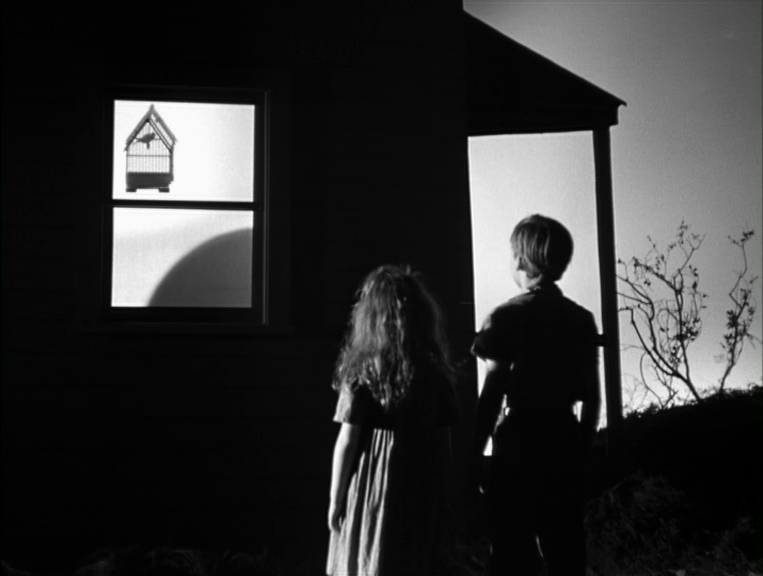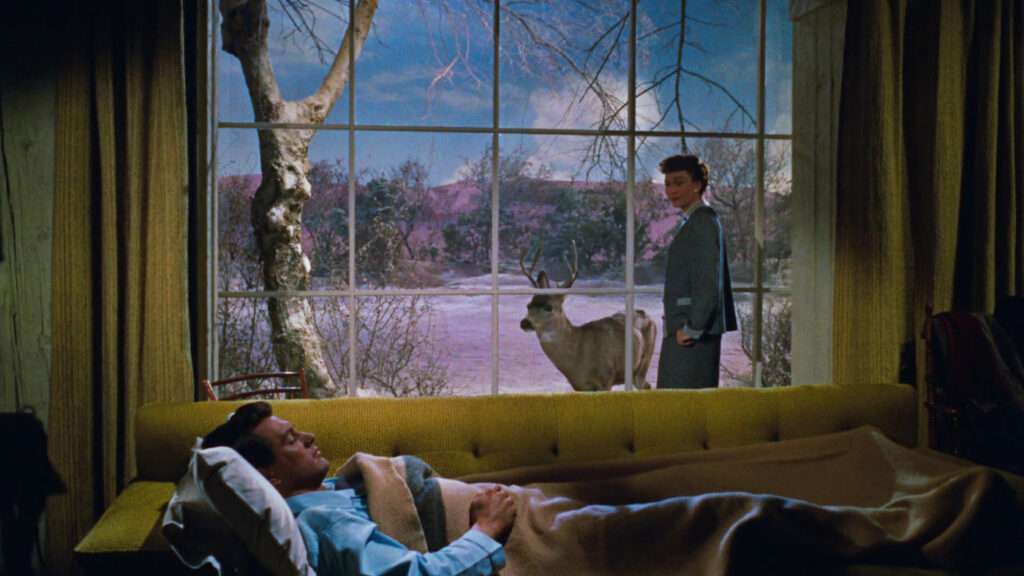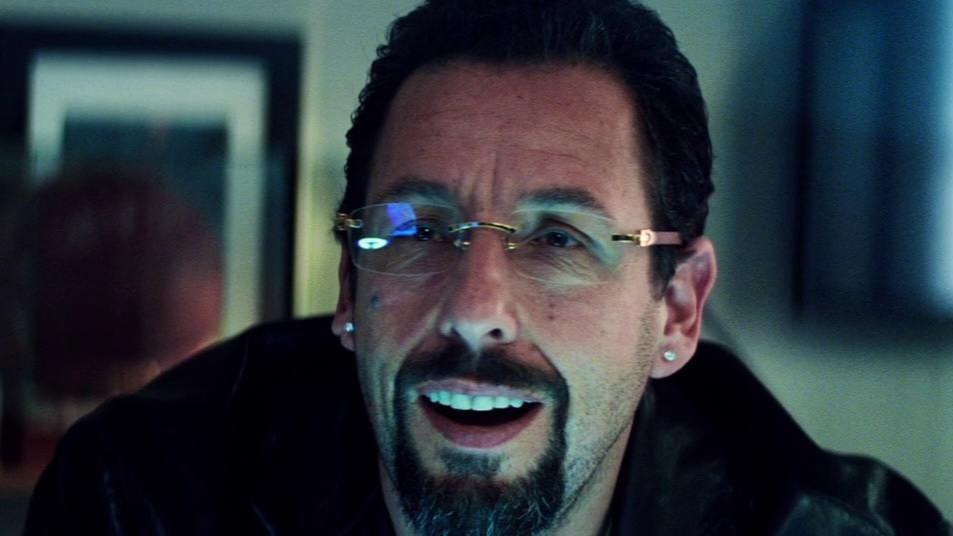Quentin Tarantino is renowned for his distinctive style of filmmaking, which often revolves around captivating and thought-provoking dialogues. His films are characterized by sharp, witty exchanges, intense monologues, and memorable one-liners. This article delves into the dialogues of Tarantino’s films, exploring their significance in storytelling, character development, and thematic exploration. By examining the unique elements of Tarantino’s dialogue writing, we can gain insights into his creative process and understand how his distinctive use of language contributes to the immersive cinematic experience.
Tarantino’s dialogue is marked by its rhythmic quality, pop culture references, and raw authenticity. His characters engage in lengthy conversations that often veer off on tangents, revealing their quirks, fears, and motivations. The dialogues are meticulously crafted, with each line serving a purpose in advancing the narrative or illuminating the characters’ psyche. The director’s love for language and his ability to create compelling exchanges between his characters make his films stand out.
Subverting Expectations
One of Tarantino’s strengths lies in his ability to subvert audience expectations through his dialogues. He skillfully plays with dialogue tropes, using them to misdirect the audience and build tension. By employing unexpected twists and turns in conversations, Tarantino keeps viewers on the edge of their seats. This technique is particularly evident in films like Pulp Fiction and Inglourious Basterds, where seemingly mundane conversations can suddenly escalate into intense confrontations or pivotal plot moments.
Character Development Through Dialogue
Tarantino’s dialogues serve as a powerful tool for character development. Through his unique writing style, he reveals intricate details about his characters’ backgrounds, motivations, and moral compass. Whether it’s Jules Winnfield’s philosophical musings in Pulp Fiction or Colonel Hans Landa’s manipulative interrogations in Inglourious Basterds, Tarantino uses dialogue to delve deep into the psyches of his characters, making them multi-dimensional and engaging.
My ass may be dumb, but I ain’t no dumbass.
Ordell Robbie, Jackie Brown
Memorable Quotes and Cultural Impact
Tarantino’s films are replete with memorable quotes that have infiltrated popular culture. Lines like “Say ‘what’ again!” and “I’m gonna get medieval on your ass” from Pulp Fiction have become iconic. “That’s a bingo” from Inglourious Basterds to “I like the way you die, boy” from Django Unchained, they all reveal a passion for language and a great knowledge of the screenwriting craft.These dialogues resonate with audiences long after the film ends, demonstrating the lasting impact of Tarantino’s writing.
You shoot me in a dream, you better wake up and apologize.
Mr. White, Reservoir Dogs
Conclusion
Quentin Tarantino’s films are a testament to the power of dialogue in storytelling. His unique style and approach to crafting conversations have solidified his position as a masterful filmmaker. Through his dialogues, Tarantino creates immersive experiences, delving into the depths of his characters’ souls, challenging societal norms, and leaving a lasting impression on audiences. The distinctive blend of wit, authenticity, and subversion in his dialogues has become synonymous with his name. As we continue to explore his filmography, we can appreciate the immense contribution that his dialogues have made to the world of cinema, cementing Tarantino’s legacy as one of the most influential filmmakers of our time.




